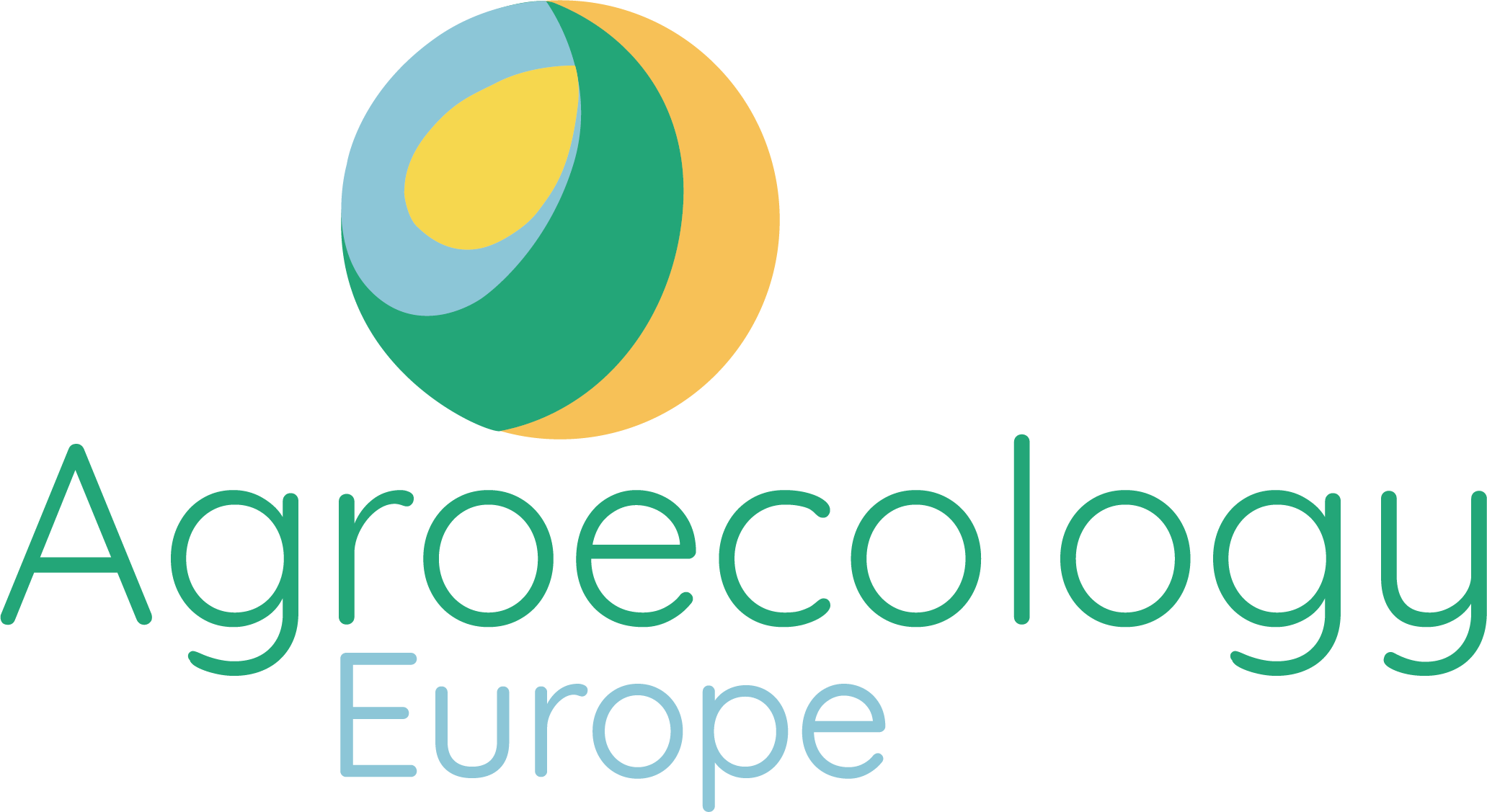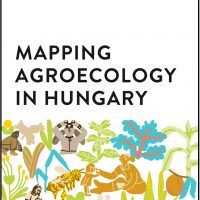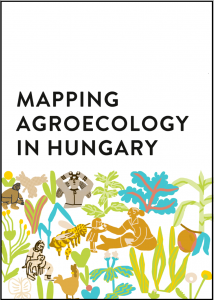The report “Mapping Agroecology in Hungary” is the result of a 10-month-long mapping project in 2019-2020, commissioned by Agroecology Europe, carried out by Védegylet Egyesület with the help of the Environmental Social Science Research Group (ESSRG), Hungary.
The goal of this research was to gain a general overview of the present state of agroecology in Hungary, through attaining an understanding of the historical and political contexts in which these developed and currently function, but also to map agroecology related initiatives, research and their networks. Our goal was also to interpret agroecological principles in the Hungarian context, providing a theoretical background for future research and cooperation. Since the mapping would serve as a basis for advancing agroecology in Hungary, the research was also aimed at apprehending in detail the main drivers and challenges that the different actors and networks are facing.
The report finds that Hungary, considering a transformation towards agroecology, is well situated with its history and present richness of actors all over the country. Still, any transformation will only happen if the actors cooperate formally, and therefore can advocate for agroecological transition in a coordinated manner. Agroecology provides a desirable policy objective with the potential to mobilise farmers and other people working in agriculture, researchers, activists and consumers for a common goal: to create a regenerative, socially just, healthy food system in Hungary. As agroecology advances in Europe and the world, Hungarian initiatives could benefit from projects that connect them to similar international partners.




